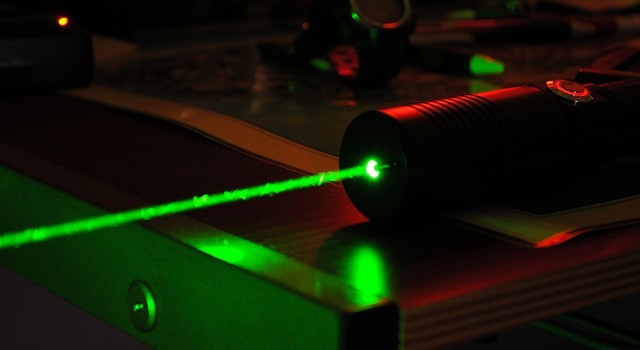It is 186,282 miles per second…
This guy has an interesting theory on how it might be possible. That is insanely fast and difficult to get one’s mind around. The ever interesting “vsauce” poses a question about the speed of dark. Is it faster than the speed of light or is this an illusion? He has a clever example to examine the question that really might make you think!
Here is a clever commenter that chips in on this phenomenon:
It is nothing, and yet you can’t have nothing without something, they go hand in hand. Just like you can’t have objects without space between them or there’d be no thing, to differentiate something from nothing… So really, even nothing is something because something implies nothing. Nothingness is like the web of space that connects all things.
Check out this video on one way this could be achieved:
In this theoretical scenario, some scientists think a phenomenon having to do with photons could travel faster than light speed:
If photons can die, they could give off particles that travel faster than light.
Many particles in nature decay over time. For instance, radioactive atoms are unstable, eventually breaking down into smaller particles and giving off energy as they do so.
If photons do break down, the results of such decay must be even lighter particles, ones that would travel even faster than photons. Assuming photons have mass, “there is only one particle we know from the Standard Model of particle physics that might be even lighter — the lightest of the three neutrinos,” Heeck said.
Does this sound reasonable or is it too much theory and not enough current evidence?
And lastly in this 3 part examination of light speed, this video poses potentially the “trippiest” perspective of all. Although it doesn’t discuss light speed from the same vantage point as the other two examples, it looks at time in a unique way. And this of course effects photons and everything else. Can you get your mind around all of this?
thanks to livescience.com for the great info
thanks to FastLizard4 for the pic

Muons travel faster than the speed of light…just sayin
Nothing with mass can
Anything with mass can not
Ejecta from black holes does
Already has. Science harder!
Of course anything is possible.
neutrinos go faster than the speed of light.
Ya this guy named Niels Bohr who came up with the ideas in the 1940’s
Yep put a mirror inn front of it duh lol